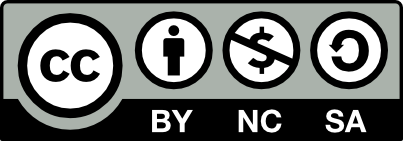Suicidal tendency through poisoning and its outcome among young population. An alarming mental health issue.
Main Article Content
Abstract
Introduction: Among low-middle-income and underdeveloped countries of the world around 75% of overall mortality among the young population is through suicidal mechanisms. Mechanism of such acts varies among underdeveloped countries; one common mechanism is through intake of different poisons. Most of cases are not recorded properly and many of those people die before reaching hospitals and are never registered.
Objectives: To evaluate the frequency of suicidal acts among youth through different poisonous agents and their outcomes.
Methodology: This descriptive study was conducted at department of neurosurgery and Intensive care unit (ICU). Between January 2018 to June 2018, all cases of attempted suicide through ingestion of some poison, initially registered at accident and emergency department and later verified from medicolegal and intensive care unit were included for the current study.
Results: A total of 221 cases were reported, mostly from Hyderabad city. Rat killer poison, Black stones, and Organophosphate are most common poisons used for ingestion. Most case were registered during month of March and April. Black stone and organophosphate have higher mortality as compared to others. Domestic issues and broken relationships followed by poverty were the most prevailing cause of suicidal attempts. The incidence rate of suicidal attempts through poison ingestion in the Sindh youth population is 2.351 with a 0.030 mortality rate.
Conclusion: Collaborative efforts between nongovernmental organization, legislative bodies and designated medicolegal hospital having indigenous intensive care unit and neurosciences institute is needed if youth is to be salvage. Those survive needs prolong social support.
Keywords: Youth, Suicide, Poison, Organophosphorus
Downloads
Article Details

This work is licensed under a Creative Commons Attribution-NonCommercial-NoDerivatives 4.0 International License.
Journal of Muhammad Medical College (J Muhammad Med Coll) belief that all researches are basically conducted for the benefit of humanity. Research is the product of an investment by society and consequently its fruits should be returned in a transparent fashion to all humankind without any discrimination.
Journal of Muhammad Medical College is an open access journal which means that all content is freely available without charge to users or / institution. When used non-commercially all users are allowed to read, download, copy, distribute, print, search, or link to full text articles in this journal without asking prior permission from the publisher or author as long as original author(s) are acknowledged.
Journal of Muhammad Medical College operate under Creative Common License CC-BY-SA that allow reproduction of articles free of charge, for non-commercial use only and with the appropriate citation information. All authors publishing with Journal of Muhammad Medical College accept these as the terms of publication.

This work is licensed under a Creative Commons Attribution-NonCommercial-ShareAlike 4.0 International License